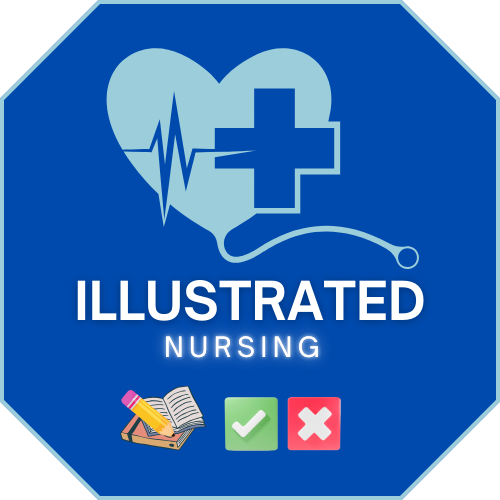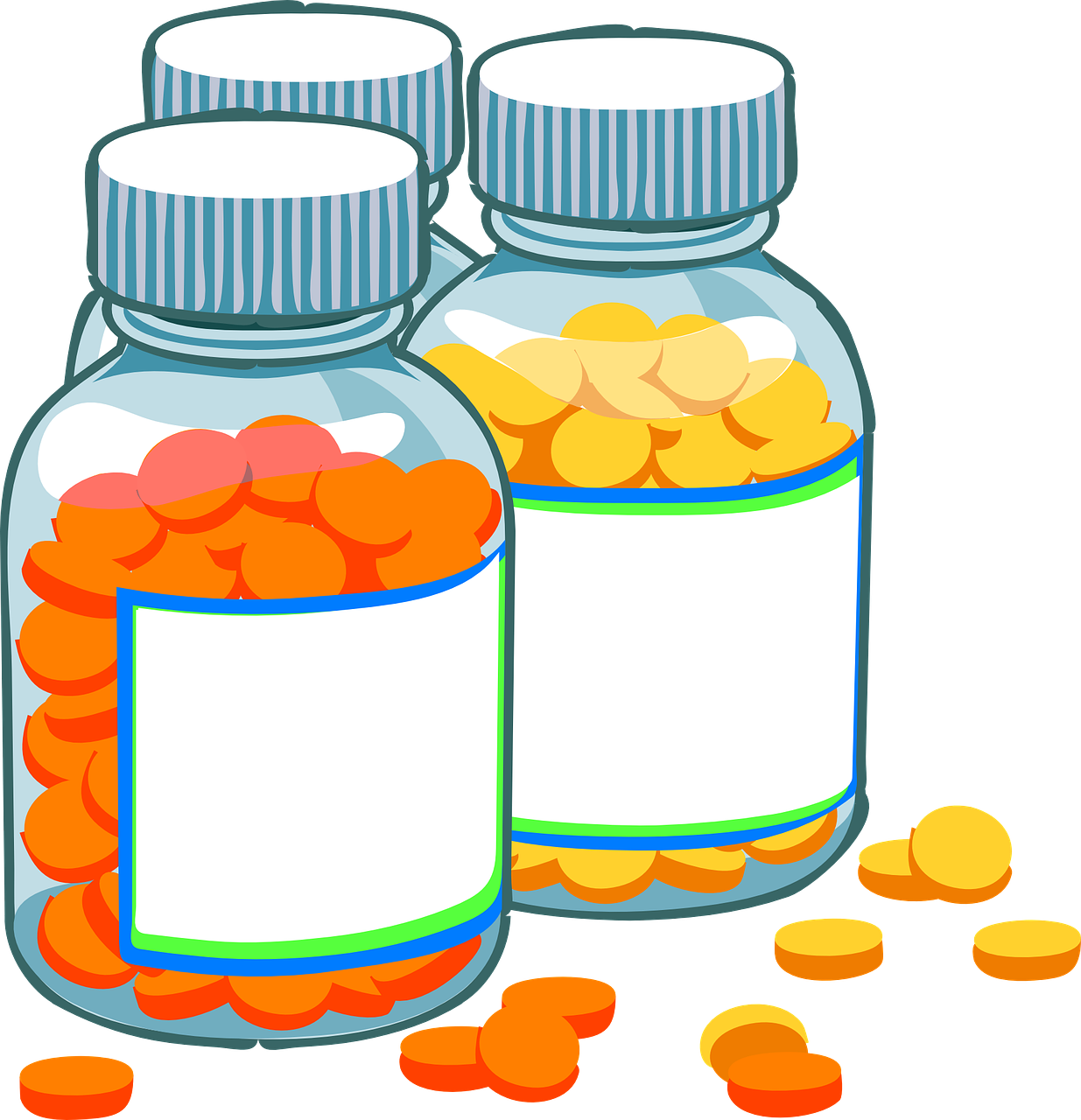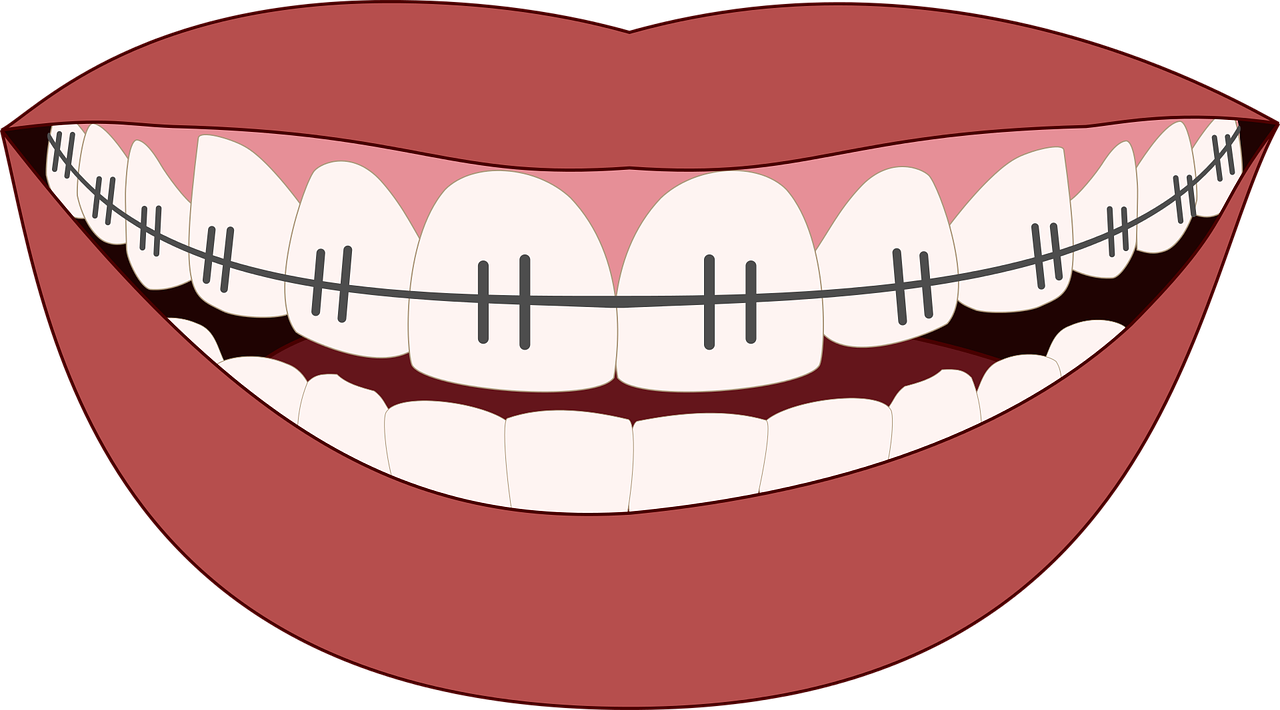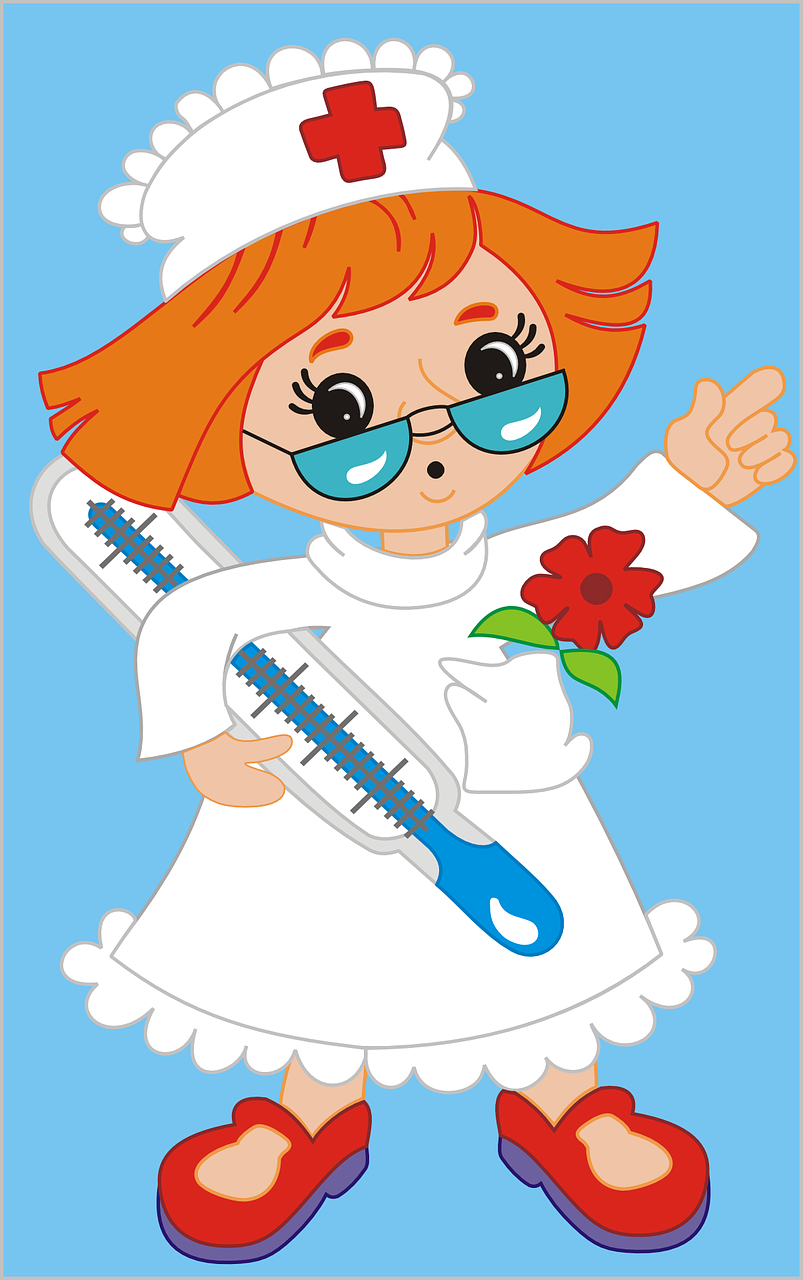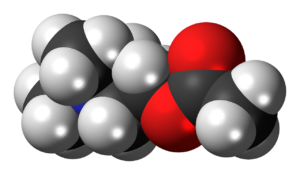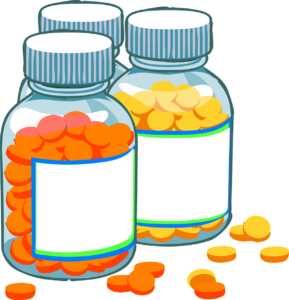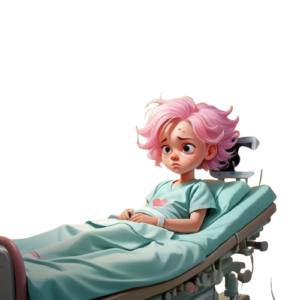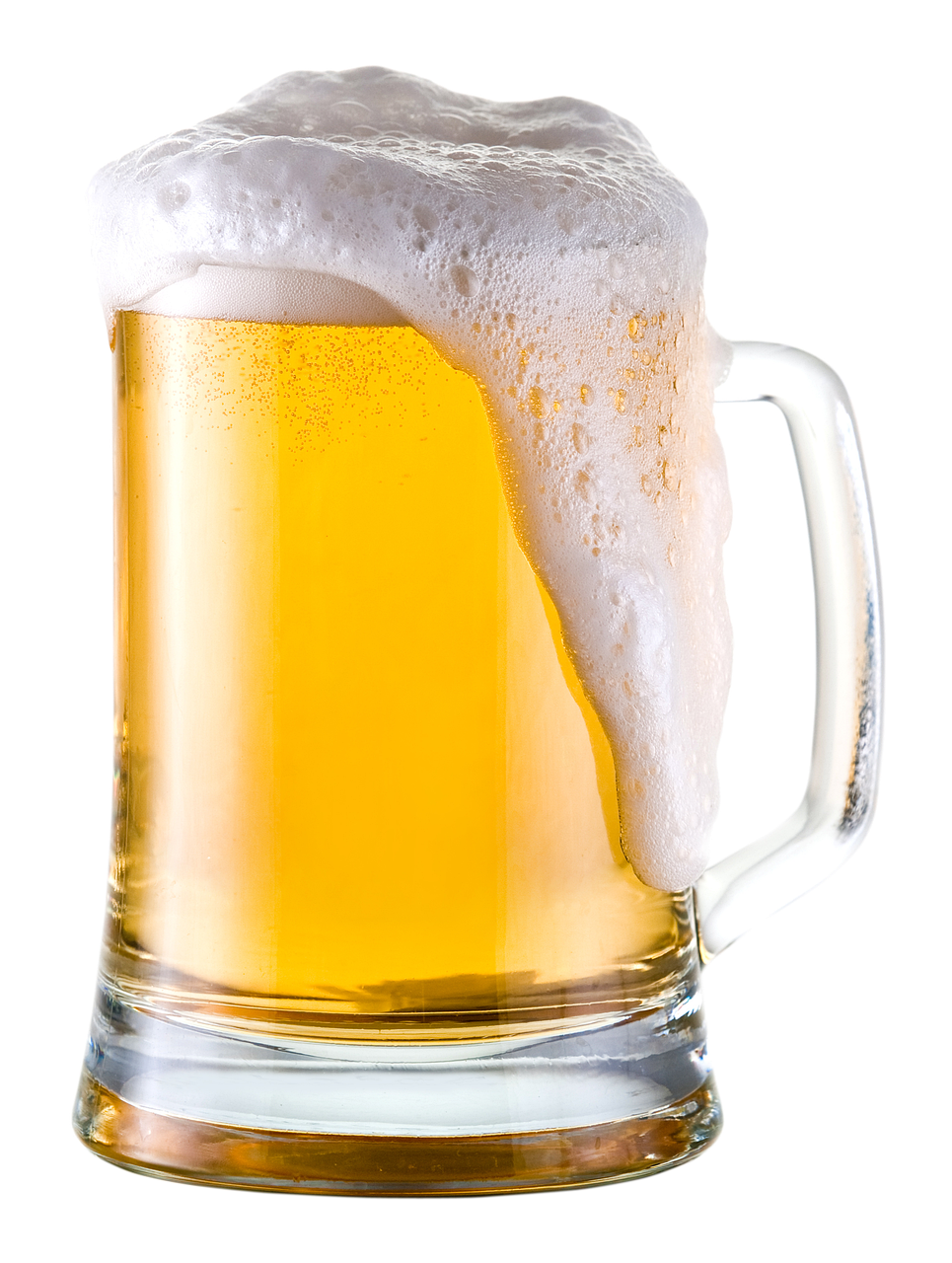
Beer & Wine

Bananas &
Figs, papaya, avocados, figs, eggplant & raisins
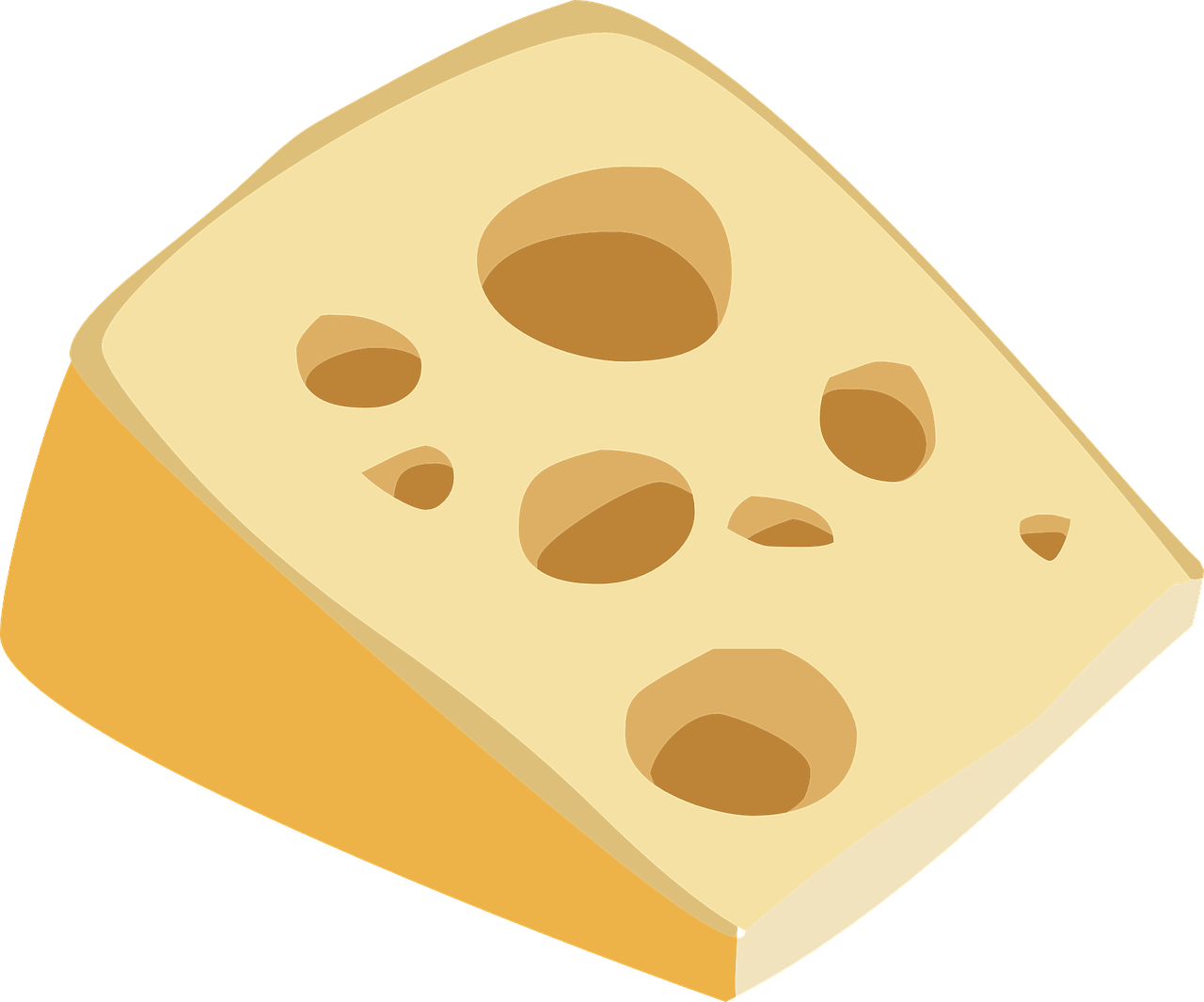
Aged Cheese
Cheddar, Gruyere, Manchego, & Gouda.
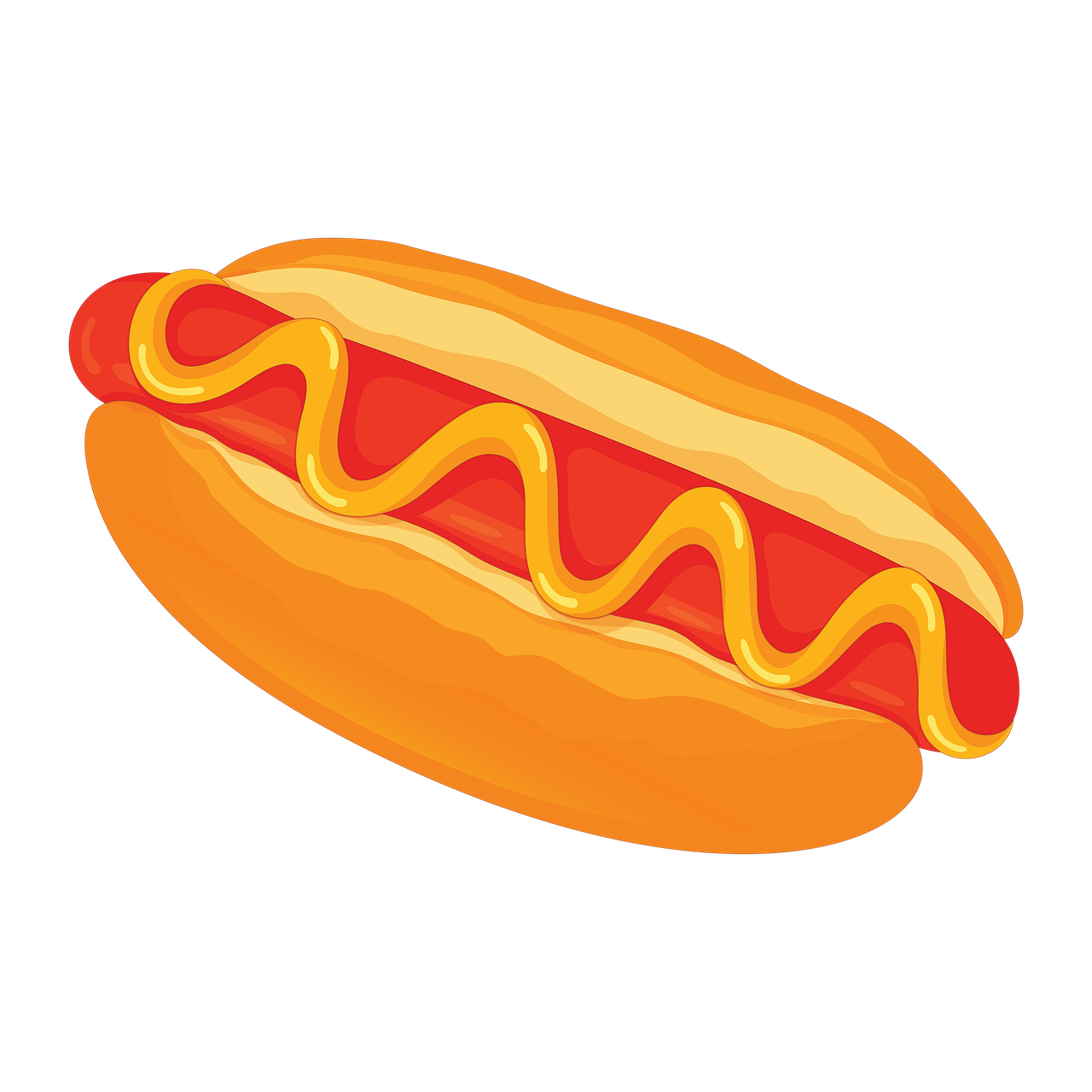
Fermented
Smoked or processed meats, such as hot dogs, bologna, bacon, corned beef or smoked fish. Pickled or fermented foods, such as sauerkraut, kimchi, caviar, tofu or pickles. Sauces, such as soy sauce, shrimp sauce, fish sauce, miso and teriyaki sauce.
Monoamine Oxidase Inhibitors (MAOIs) used for depression when other antidepressants are unsuccessful.
- Isocarboxazid (Marplan)
- Phenelzine (Nardil)
- Tranylcypromine (Parnate)
Avoid foods with tyramine to prevent a hypertensive crisis. MAOIs inhibit the breakdown of tyramine. An accumulation of tyramine leads to a hypertensive crisis (sweating, dizziness, tremors, & increased BP).
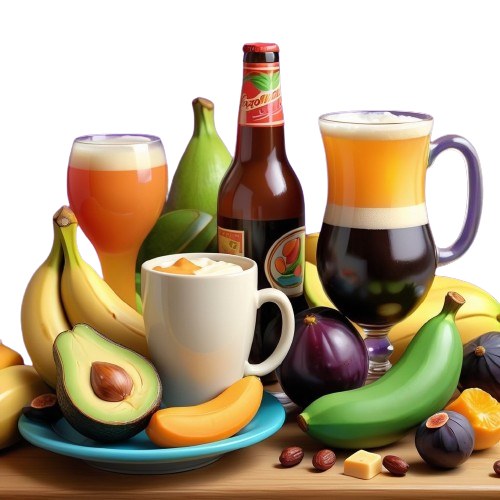
Avoid these meds: Barbiturates, TCAs, Antihistamines, CNS depressants, OTC cold meds due to the risk of serotonin syndrome with taken together.
